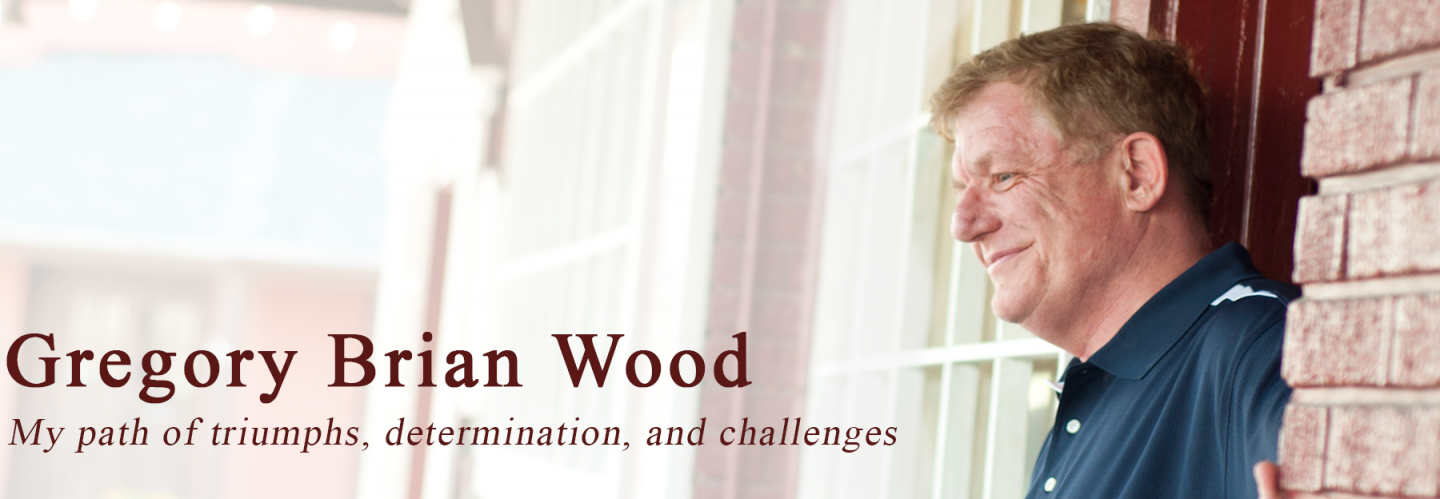I found this article confirming to my feelings at times. I keep to myself many times due to not getting overloaded from a sensory stand point. Spending some time trying to date online gives me the feeling of not being in the box. I never could play the games that one has to play in dating . When I am just being myself it can be a lonely experience. – Greg
Srinivasan is a Ph.D. Neuroscience Student at Vanderbilt, an alum of UC Berkeley, a PD Soros Fellow, a Public Voices Fellow of The OpEd Project, a Fellow at the Frist Center for Autism and Innovation, a non-federal member of NIH’s Interagency Autism Coordinating Committee, and on the boards/advisory boards of DREDF, ASAN, ASA, INSAR, Duke U’s ACE and The Brain Foundation
Loneliness has long been a pervasive issue within the disability community, growing even more pronounced as individuals age. Research indicates that, in particular, autistic adults grapple with markedly higher levels of loneliness compared to their non-autistic counterparts. Ironically, relentlessly pursuing a disabled person’s greatest sign of “success”—independence—might be the very thing that’s setting many autistics on a path towards profound loneliness and fragmented relationships.
The pursuit of self-sufficiency and the coveted ideal of “independence” are deeply American. But, even if inadvertently, it’s fueling disabled individuals’ loneliness. In her book, “The Beasts of Burden: Animal and Disability Liberation,” disability studies scholar Sunaura Taylor highlights the societal fallouts faced by disabled individuals who do not achieve this ideal of independence. Such societal consequences include economic disenfranchisement and social marginalization. But what is not being talked about is that those people who do achieve that type of independence face real costs, too.
